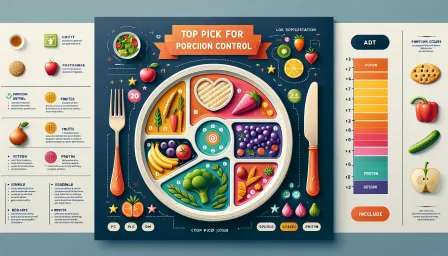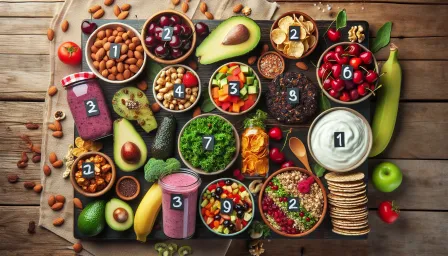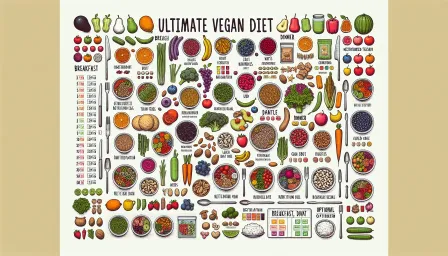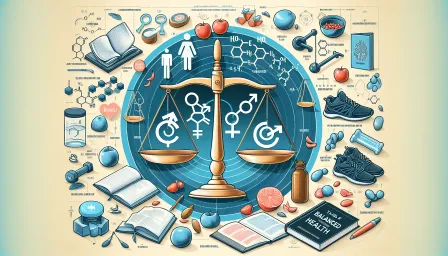Effective Sugar Reduction for Diabetes: Proven Strategies
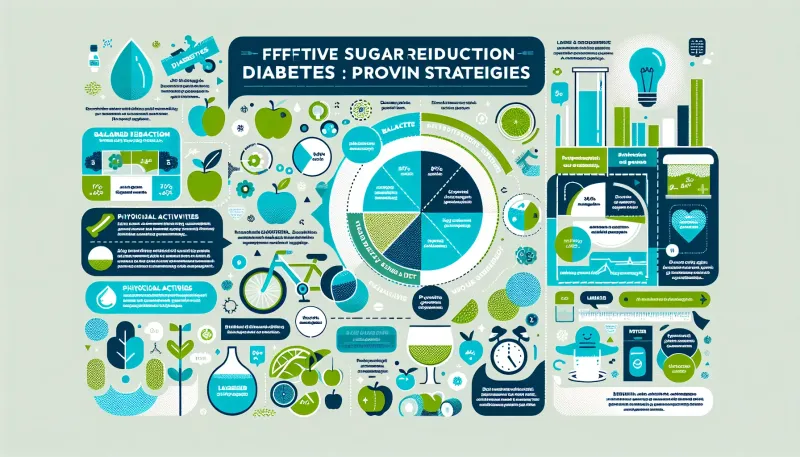
Learn proven strategies for effective sugar reduction for diabetes. Discover practical tips to manage your blood sugar levels and improve your health.
Managing diabetes requires diligent control over sugar intake. This article outlines proven strategies for reducing sugar to maintain healthy blood sugar levels effectively.
Understanding the Importance of Sugar Reduction for Diabetes
For individuals with diabetes, managing sugar intake is crucial. High blood sugar levels can lead to severe health complications, including heart disease, kidney damage, and vision problems. Therefore, adopting effective sugar reduction strategies is essential to maintaining optimal health and preventing complications.
Effective Strategies for Sugar Reduction
1. Choose Low-Glycemic Index Foods
The glycemic index (GI) ranks foods based on their impact on blood sugar levels. Consuming low-GI foods helps in steadying blood sugar levels, making it easier to manage diabetes. Examples of low-GI foods include whole grains, legumes, and non-starchy vegetables.
2. Read Food Labels Carefully
Packaged foods often contain hidden sugars. Reading food labels can help you identify and avoid high-sugar products. Look for terms like sucrose, glucose, fructose, and syrup in the ingredient list.
3. Opt for Natural Sweeteners
Substituting refined sugars with natural sweeteners like stevia, monk fruit, or erythritol can help manage blood sugar levels. These alternatives have a lower impact on blood sugar compared to traditional sugars.
4. Increase Fiber Intake
High-fiber foods can slow the absorption of sugar into the bloodstream, mitigating spikes in blood sugar levels. Incorporate fiber-rich foods such as fruits, vegetables, whole grains, nuts, and seeds into your diet.
5. Avoid Sugary Beverages
Sugary beverages like sodas, sports drinks, and certain juices can cause rapid increases in blood sugar levels. Replace these with water, herbal teas, or beverages sweetened with natural sweeteners.
6. Regular Physical Activity
Engaging in regular physical activity helps improve insulin sensitivity and lowers blood sugar levels. Aim for at least 150 minutes of moderate-intensity aerobic activity per week, such as walking, swimming, or cycling.
7. Plan and Monitor Meals
Planning meals in advance helps ensure a balanced diet and reduces the risk of consuming high-sugar foods. Utilize meal planning tools and keep a food diary to track your intake and manage your diabetes effectively.
8. Consult with Healthcare Providers
Work closely with dietitians, endocrinologists, and diabetes educators to develop a personalized plan for sugar reduction. Your healthcare team can provide tailored advice and monitor your progress.
Long-Term Benefits of Effective Sugar Reduction
Implementing these strategies not only aids in diabetes management but also contributes to overall health. Long-term benefits include:
- Lower risk of diabetes-related complications
- Improved cardiovascular health
- Better weight management
- Enhanced energy levels and mood
- Improved overall quality of life
Conclusion
Effective sugar reduction for diabetes involves a combination of dietary choices, lifestyle changes, and regular monitoring. By incorporating these proven strategies, individuals can better manage their blood sugar levels and lead a healthier life. Consult with healthcare professionals to create a customized plan that works best for you.




